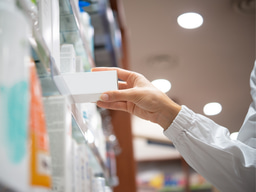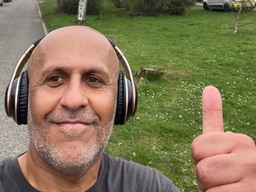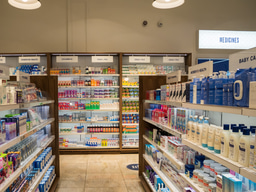Pharmacy campaigns galore

C+D rounds up the new campaigns across the UK promoting community pharmacy and medicines safety.
Ask Your Pharmacist Week
The NPA launched its ‘Ask Your Pharmacist’ week on 3 November with the theme of bringing “NHS services close to home”.
The annual public awareness campaign for community pharmacy was launched with an event for MPs in Westminster on Monday, with over a couple of dozen MPs attending who heard from NPA board members on “the urgent need for more support from government and the NHS”.
NPA CEO Henry Gregg said the campaign hopes to build awareness of “skills and services offered in community pharmacies” and “laying the groundwork” for development of clinical services.
Read more: Pharmacy bodies present ‘united front’ at Kinnock meeting
In response to the campaign, Northern Ireland’s chief pharmaceutical officer Cathy Harrison praised community pharmacy for providing professional advice, clinical services and “safe and reliable supplies of medicines”.
NHS England (NHSE) north west regional chief pharmacist Karen O’Brien said pharmacy teams are the “unsung heroes of our health system” and was “proud” to raise awareness of what community pharmacy can offer.
The NPA has released campaign materials for pharmacies to take part in it.
#MedSafetyWeek
The Medicines and Healthcare products Regulatory Agency (MHRA) is campaigning for the public to keep medicines safe by reporting side effects in its tenth annual ‘#MedSafetyWeek’ from November 3 to 9.
The campaign’s key message is “everyone has a role to play in medicine safety” and the week has been coordinated with more than 130 regulators and health organisations in 117 countries.
Read more: MHRA work with DfE to add Yellow Card scheme to school curriculum
It’s urging the public to report device incidents and suspected fake medical products as well as side effects from medical devices, vaccines and blood products, with MHRA chair Anthony Harden advising to report these issues through its Yellow Card scheme.
Its chief safety officer Alison Cave said reporting can help “protect others” as it helps to understand how medicines “perform in the real world”.
“Importantly you don’t need to be certain about the cause – just tell us what you’ve experienced,” she added.
Help Us Help You
A campaign that promotes community pharmacies as the place to visit when you have a common condition has been launched by the Welsh government, it announced on November 1.
The ‘Help Us Help You’ campaign has been advertised on TV, radio and social media promoting community pharmacies as “an easily accessible alternative to GP surgeries and emergency departments” during the winter months.
Read more: Rhwydwaith Fferylliaeth Cymraeg launched!
The aim is to get “the right care” for the public “in the right place, first time”.
Wales health secretary Jeremy Miles said contacting your local pharmacist when you have a sore throat, urinary infection or other minor illness in the common ailments service is a “simple change” that can “make a huge difference to our NHS”.
Read more: MHRA investigates after 10 weight loss jab linked pancreatitis deaths
It comes as last month, Community Pharmacy Wales (CPW) said that negotiations with Welsh Government and NHS Wales over the 2025-26 CPCF are “continuing” but the government’s proposal was “insufficient to sustain the viability of the network”.
In October, C+D interviewed NPA chair Olivier Picard about whether the association would pursue collective action again if the next funding deal is not good enough.
And in June, C+D exclusively revealed that the MHRA received “a total of 111 UK spontaneous suspected adverse drug reaction (ADR) reports with a fatal outcome” where glucagon-like peptide-1 receptor agonists (GLP-1 RA) medicines were used.







Please sign in
If you are a registered user on C+D Community, please sign in